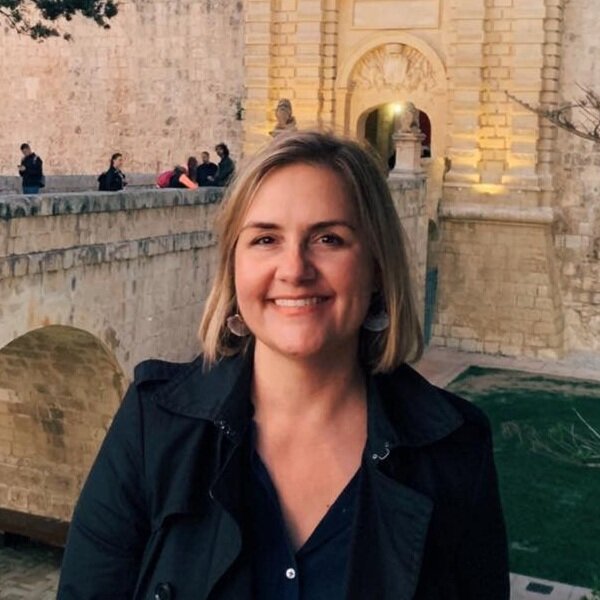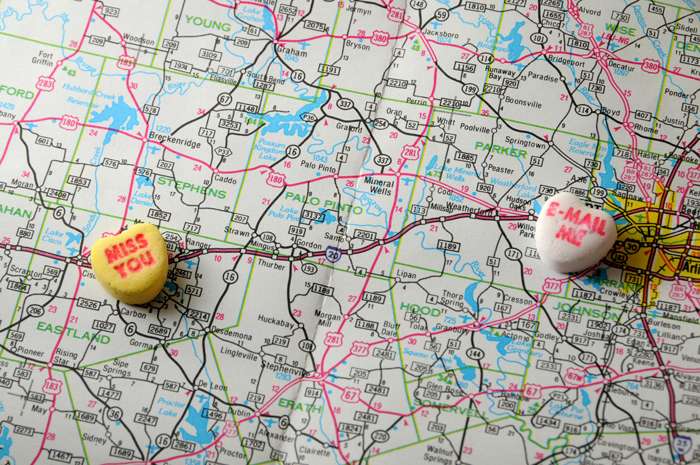Where am I?
/The postcards tacked above my desk have been taunting me a little. They're kind of a strange little audience, this eclectic collection of images I've gathered over the years from museum visits here and there. I tend to look at them when I can't think of what to write (which is sadly and alarmingly often). Lately I've been seeing them with new eyes.
Realization #1: Apparently I really love depictions of motherhood in art. Go figure. I've unintentionally gathered a gang of mothers who look down and supervise my daily typing. Most of them are fairly idealized (which, on the wrong day can be admittedly a bit deflating...I mean, where's my halo and rosy-cheeked cherubs?) but there's something comforting about looking at paintings that give a nod to motherhood. I can see myself there.
Or I used to, anyway. Realization #2: I'm actually not up there at all, at least not anymore! Last week I realized these art mamas are all mothers of infants and very young children--preoccupied with nursing, swaddling, cuddling littles on laps. So I started searching for more seasoned motherhood in art and...it turns out there really aren't many pieces of art showing motherhood past young childhood. Come on, artists of the ages, where's the art showing mothers with adolescents or older children? (Yep, adolescence is a relatively newfangled invention historically so it does make sense. But still. Scroll through the images in this book. See? Mostly babies.)
I was intrigued. After scrolling through several more on-line collections of "mothers in art" to no avail, I decided to consult with my cousin-in-law, who's a professor of art history. I asked Monica if she could think of any good examples of art depicting scenes of mothering with older children (excluding portraits and besides the Pietas, which are in a category of their own). She suggested I start with these (thanks, Monica!):
- Alexander Roslin's "Before the Debutante Ball" seems relevant (assuming that it is, in fact, the debutante's mother and not a maid or sister):
Before the Debutante Ball by Alexander Roslin
Simone Martini's "Christ Discovered by his Parents" was new to me but I really like the depiction of Christ and his parents. And his intransigent adolescent expression is a little familiar to me, how about you?
There's also this mother reading to a slightly older girl in George Dunlop Leslie's "Alice in Wonderland." (And, Monica pointed out, George Dunlop Leslie does have some other domestic scenes that could qualify, too.)
It's a good start. But I'm still curious: where am I, art-wise?
As you can tell, I'm on a bit of a treasure hunt. Can you think of any other depictions of mid-stage motherhood in art? What do you think about being (mostly) left out of the whole shebang?





























